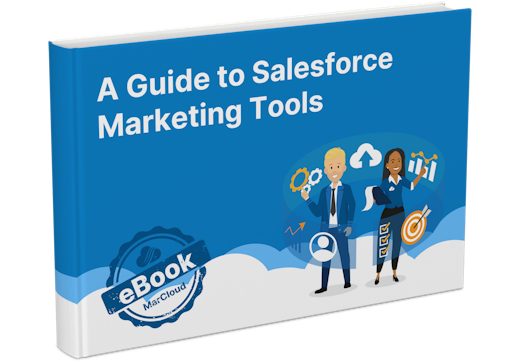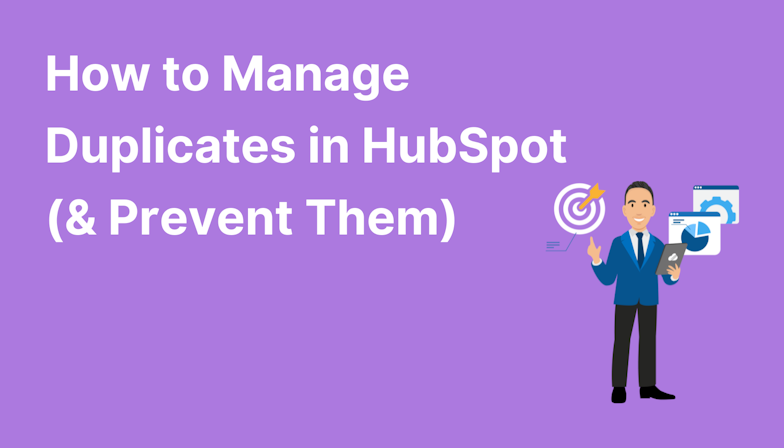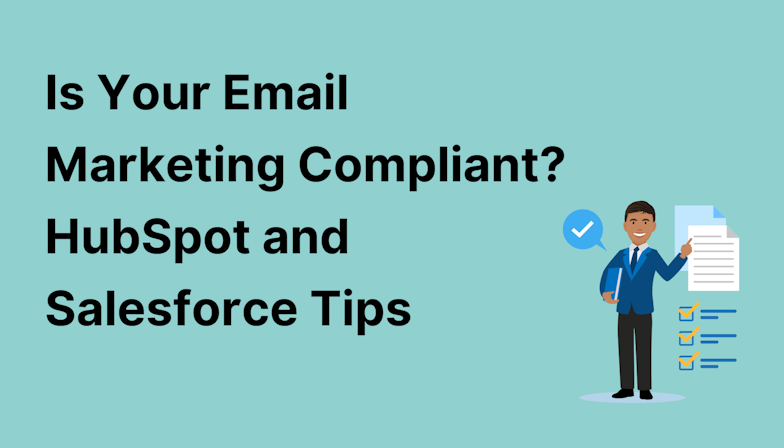At MarCloud, we work with many clients who start on Mailchimp and eventually reach a point where the platform no longer meets their needs. This often happens when they need:
More sophisticated customer journeys
Deeper segmentation and personalisation
Integration with Salesforce CRM
Better control over data and analytics
Migrating to Marketing Cloud Engagement isn’t as simple as flipping a switch. It requires careful planning, including auditing existing assets, mapping out data structures, recreating journeys, and ensuring the team is equipped to use the platform effectively. But with the right strategy and support, the transition can be smooth and well worth the effort.
Final thoughts
Mailchimp and Salesforce Marketing Cloud offer valuable tools, but they serve different stages of a business’s growth. If you need to send attractive emails and manage simple campaigns, Mailchimp is a solid choice. But if you’re looking to build intelligent, data-driven, multi-channel marketing that scales with your business, SFMC Engagement is built for exactly that.
For growing businesses with big marketing ambitions, Salesforce Marketing Cloud Engagement provides the power, flexibility, and integration needed to deliver exceptional customer experiences.
Need help implementing Marketing Cloud?
If you're exploring Marketing Cloud Engagement and want to understand how it could work for your business, we’d be happy to help. Our certified Salesforce experts support teams through implementation, migration, and ongoing management to ensure they get the greatest ROI.
Contact us today to start a conversation.




